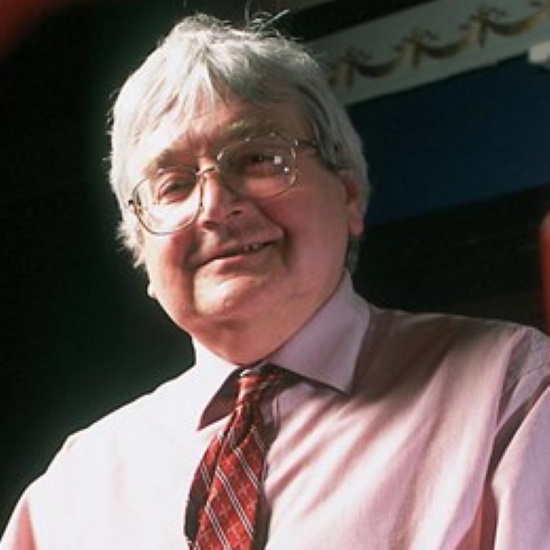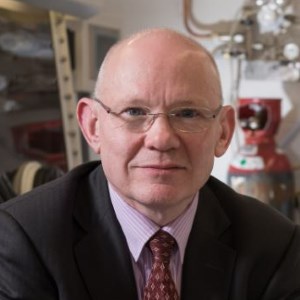Peter P Edwards is Professor and Head of Inorganic Chemistry at the University of Oxford. His research interests include metal-insulator transitions, high temperature superconductivity, metals in non-aqueous solvents, small metallic particles and energy materials, with a particular emphasis on new-generation, high-performance materials for hydrogen production and storage, CO2 activation and utilisation, inorganic semiconductor thin films for solar energy applications and advanced catalytic materials.
Following BSc and PhD degrees at Salford University, Edwards spent periods at Cornell (Fulbright Scholar and National Science Foundation Fellow)), Cambridge (Lecturer and Director of Studies in Chemistry, Jesus College), Birmingham (Professor of Chemistry, and of Materials), before assuming his present position at Oxford in 2003. He was elected Fellow of the Royal Society in 1996 and to the German Academy of Sciences in 2009.
He has been the recipient of the Corday-Morgan, Tilden and Liversidge Medals of the Royal Society of Chemistry, and the Hughes Medal of the Royal Society. In 2012 he is to present The Bakerian Prize Lecture of the Royal Society; the Society’s premier lecture in the physical sciences.
Selection of Publications:
- Turning Points in Solid-State, Materials and Surface Science. A Book in Celebration of the Life and work of Sir John Meurig Thomas, KDM Harris, PP Edwards, eds, Royal Society of Chemistry, London (2007)
- Turning carbon dioxide into fuel, Z Jiang, T Xiao, VL Kuznetsov, PP Edwards, Phil Trans R Soc A, 368, 3343-3364 (2010)
- ' ... a metal conducts and a non-metal doesn't', PP Edwards, MTJ Lodge, F Hensel, et al, Phil Trans R Soc A, 368, 1914, 941-965, (2010)
- Functional Materials for Sustainable Energy Technologies: Four Case Studies, VL Kuznetsov, PP Edwards, ChemSusChem, 3, 1, 44-58 (2010)
- A Molecular Perspective on Lithium-Ammonia Solutions, E Zurek, PP Edwards, R Hoffmann, Angewandte Chemie-International Edition, 48, 44, 8198-8232 (2009)
- Photo-catalytic conversion of oxygenated hydrocarbons to hydrogen over heteroatom-doped TiO2 catalysts, NJ Luo, Z Jiang, HH Shi, FH Cao, T Xiao, PP Edwards, Int Journal of Hydrogen Energy, 34, 1, 125-129 (2009)
- Water/oil microemulsion for the preparation of robust La-hexaaluminates for methane catalytic combustion, Z Jiang, Su Hao, T Xiao, PP Edwards, Chem, Comm, 22, 3225-3227 (2009)
- Metallic Oxygen, PP Edwards and F Hensel, ChemPhysChem., 3, 53-56 (2002)
- What, Why and When is a Metal?, PP Edwards in The New Chemistry, ed N Hall, Cambridge University Press, 85-114 (2000)
- Synthesis and Superconducting Properties of the Strontium Copper Oxyfluoride Sr2CuO2F2+, M Al-Mamouri, PP Edwards, C Greaves and M Slaski, Nature, 369, 382-384 (1994)



